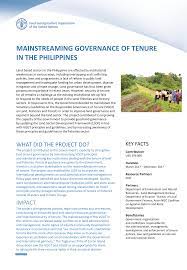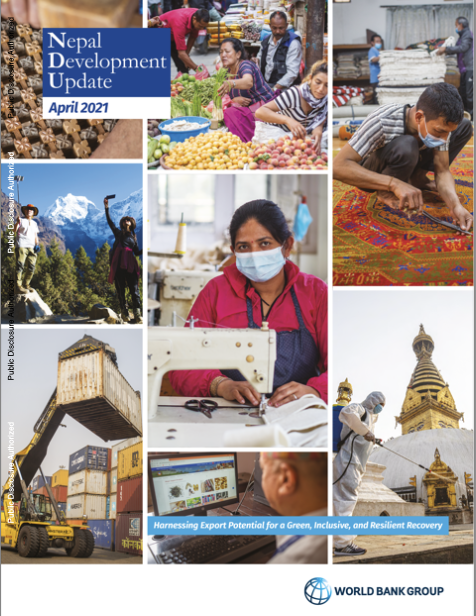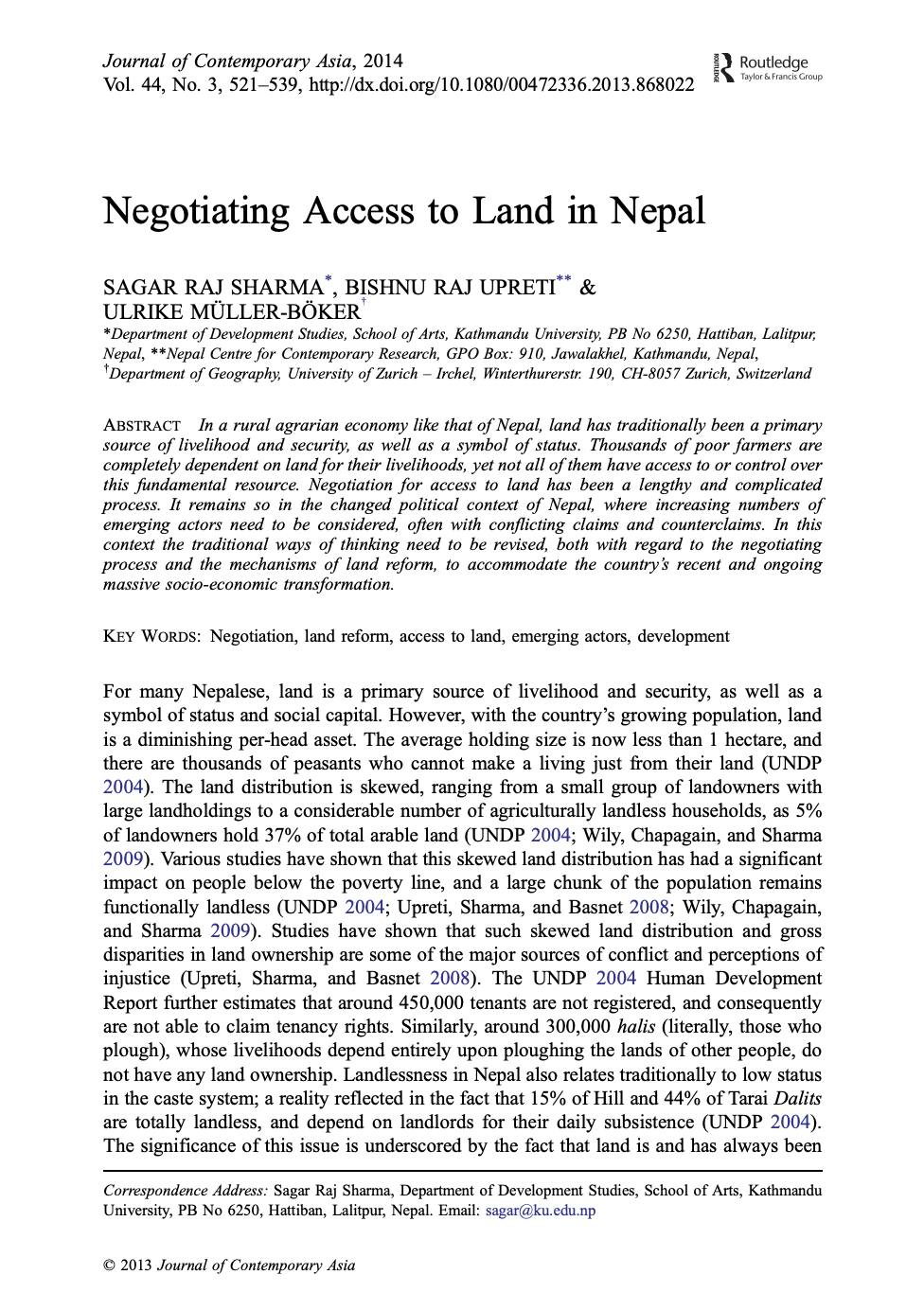Rural development in Botswana: Experience from elsewhere and emerging issues
Poverty incidence is one of the most critical concerns in Botswana and the government has resolved to eradicate this problem and ensure that every citizen live in a dignified and acceptable condition consistent with the national aspirations as set out in the National Vision 2016. Currently, rural areas are persistently experiencing the highest poverty incidence compared to any other place in the country. This has been the case ever since we have measured the extent of the poverty problem in 1985/86.






